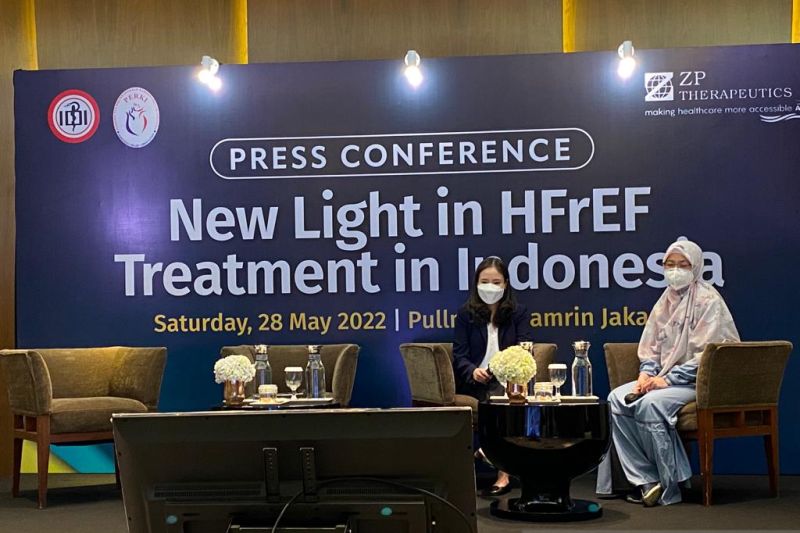In Europe’s largest equestrian procession, the blood ride in Upper Swabian Weingarten, women were officially allowed to ride for the first time on Friday. This was announced by the diocese of Rottenburg-Stuttgart. “Most of the 98 groups made it possible for female riders to participate, who fit harmoniously and equally into the image of the procession with frock coats, top hats and sashes in the appropriate color,” it said. The basis was a corresponding decision by the parish council of the Catholic parish of St. Martin in Weingarten in November 2020.
The annual blood ride was now possible again without corona restrictions. Because of the pandemic, this could only be done to a very limited extent in the past two years. The tradition goes back to the eleventh century, when Weingarten Abbey received parts of a Holy Blood relic from Mantua in Italy. According to legend, it contains earth mixed with the blood of Christ. According to the diocese, thousands of pilgrims and onlookers attended the event. This year there was also a delegation from Weingarten’s partner city Mantua.
Contributors: Opening was a step that was overdue
Opening the procession to women was described by one of the participants as a step that was long overdue. “The blood ride should become an immaterial UNESCO World Heritage Site. The application also failed because it was a procession made up of men only,” said the mayor of Baindt, Simone Rürup (non-party), the “Frankfurter Allgemeine Zeitung” (Saturday). She “didn’t really” have to do any persuasion. “I asked the head of our blood rider group, then a decision had to be made at the general meeting.” A total of 98 groups would take part in the procession, most of whom wanted to allow women or already had. “Of course it sends a signal if I take part as mayor,” said Rürup.
The sermon on the evening before was held by the Austrian Cistercian Abbot German Erd. After the service, people marched in a candlelight procession to nearby Kreuzberg. The blood ride started on Friday morning. There was a slight decrease in the number of riders at 1,803 compared to 2,127 in 2019. They covered about ten kilometers in about three hours. The individual local groups decided whether women were allowed to participate.
Baden-Württemberg’s Social Affairs Minister Manne Lucha (Greens) represented the state government as the guest of honor and praised the two-day celebrations as a “baroque celebration of social cohesion”. According to the diocese of Rottenburg-Stuttgart, almost 100 music bands played the Rossbollen march “We present” and other processional pieces. (mfi/KNA)
–


